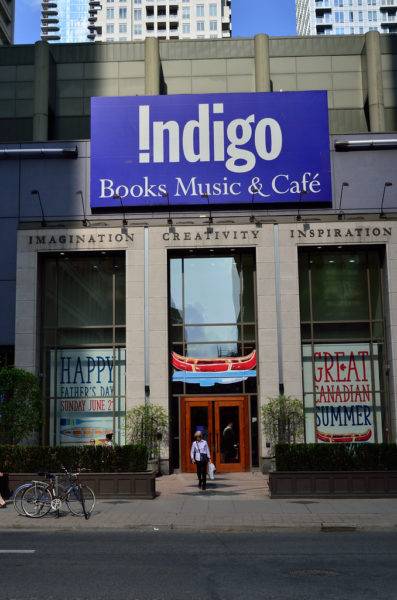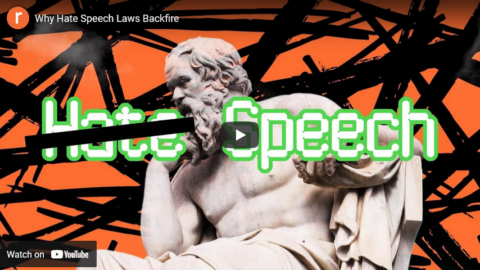In the free-to-cheapskates abridged edition of The Line‘s weekly dispatch, the editors wonder if the Trudeau government may have inadvertently entered the end-game phase of its life:
Your Line editors have grown wary of making firm predictions. We’ve been burned a few times before, plus, the last two years have been so wild it’s almost impossible to take seriously any prediction with a time horizon longer than a week or two. All that being said, one of your Line editors did have something of a prediction this week. Honestly maybe something more akin to an intuition or a Spidey sense tingling. But as he watched the news over the last 10 days or so, he found himself wondering: is this it for the Liberals? Is this the start of a death spiral? Is this what we will look back to in years to come as the moment they crossed the point of no return?
The Liberals started to look and feel really burnt out and exhausted this week. Of course they’re burnt out and exhausted. It’s been a hellish two years for everyone, and they were dealing with the Trump circus for years before that. They haven’t usually looked exhausted, though. Even when they have no doubt been running on adrenaline, existential terror, caffeine and digestive bile, they kept running. That’s not sustainable forever, though, and sooner or later, a government slips into the terminal phase of democratic politics. We’ve all seen that before, and we recognize the signs when we see it.
Just think about the stories over the last few days. Public Safety Minister Marco Mendicino has come in for widespread criticism, and not just from here at The Line, for his handling of the gun control and Emergencies Act files. Chrystia Freeland, for her part, made a wholly uninspiring appearance before the committee investigating the Emergencies Act, and followed that up with a speech to a Toronto business crowd where she rolled out the Liberal plan to help Canadians cope with inflation. It was nothing but a repackaging of previously announced initiatives, some of which are fine on their merits, but none of which, even in total, will make a dent against inflation. Mélanie Joly’s office, as noted in greater detail in the full, subscribers-only version of the dispatch, has become a complete clown show of absurdity this week. Karina Gould, normally one of Trudeau’s less trouble-making ministers, had to issue a mea culpa over a minor ethics breach. The Liberals rammed Bill C-11, which would regulate internet content, through the House with unseemly speed, and the Senate is pledging to do the thorough review that the House Liberals clearly wished to avoid.
And then there was the sudden evolution of Liberals’ stand on vaccine mandates, and the pandemic more generally. Facing enormous public pressure over delays at the airports, the Liberals first agreed to “suspend” random COVID-19 testing of passengers landing in Canadian airports from international arrivals. This week, they followed that by suspending the vaccine mandate for air and rail travel. In both cases, the government had been overtly defending both of those measures as absolute necessities just hours or days before scrapping — sorry, “suspending” — them. We won’t even try to summarize this better than the National Post‘s Chris Selley did in a recent column, because we won’t do better than his absolute perfection: “By now, the Liberal playbook on untenable pandemic-related policies is clear: They defend each square inch of policy territory like Tony Montana at the top of the staircase until ordered to retreat, at which point they drop their weapons, flee into the night and claim science made them do it.”
Yuuuup.
In a political sense, none of these would amount to all that much in isolation. (Some of them should amount to a whole lot, because they’re legitimate issues, but we know how politics works in this country.) When viewed in their totality, though, all these (and more) stories over the last week or two start to look and feel like a government that has basically exhausted itself and run out of gas. When you consider the fact that, if anything, the situation facing the country is getting worse on many fronts — hello, inflation! — not better, it’s not at all difficult to imagine them struggling to ever really recover from this.







